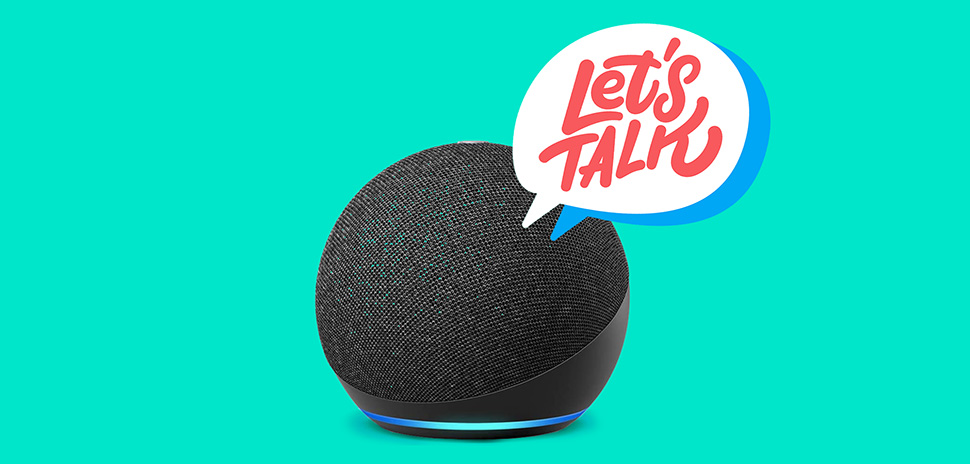“Virtual assistants are task-based. The question is: How can you make an AI friend who can have a discussion with you?” That’s the question posed by computer science doctoral student Kinjal Basu, which is exactly what he and his team from the University of Texas at Dallas are setting out to answer.
The UT Dallas team, along with eight others, is competing in the fourth annual Alexa Prize Socialbot Grand Challenge. The goal of the challenge is to advance conversational artificial intelligence (AI).
There is a $500,000 award on the line for the winning team, along with the potential for the students’ university to receive a $1 million research grant. According to a statement, the UT Dallas team has already received a $250,000 research grant and technical resources as a finalist in the challenge.
Each team’s socialbot can currently be accessed by the public in the U.S. simply by an Alexa app or device owner telling the AI, “Alexa, let’s chat.” But, the user won’t know which university’s socialbot they have.
So, why should Alexa learn how to small talk?
“The technology could be very useful for people who are suffering from anxiety and depression due to loneliness, for instance,” Basu, who is part of the Erik Jonsson School of Engineering and Computer Science and is leading the team, said in a statement.
The AI could also provide greater accessibility for people who use assistive tech and language translation, automate help desks, and simplify administrative tasks, according to a statement.
Through the competition, the teams are hoping to earn a composite score of at least 4 out of 5 possible points. The judges also need the socialbot to be coherent and engaging for 20 minutes in at least two-thirds of their conversations in the final round.
“An Alexa socialbot is akin to meeting a stranger at a party and chitchatting with him or her for 20 minutes without them losing interest in you and walking away,” Dr. Gopal Gupta, a professor of computer science, the Erik Jonsson Chair, and the team’s faculty advisor, said in a statement.
According to Basu, his team’s focus is to develop automated commonsense reasoning for Alexa. Like a human, UT Dallas’ social bot needs to learn how to fill in gaps in conversation, make inferences, and understand exceptions to rules. People, of course, can typically understand a speaker’s intent or mood as well.
“Without this, you can’t get human intelligence,” Basu said.
This can be done through conversational AI, which brings together tech such as natural language processing and machine learning.
Huaduo Wang, a computer engineering doctoral student; Sarat Chandra Varanasi, Fang Li, and Xiangci Li, computer science doctoral students; and Nancy Dominguez, a computer science graduate student, are also on the UT Dallas team.
The final competition for the Alexa Prize Socialbot Grand Challenge will take place in August.
![]()
Get on the list.
Dallas Innovates, every day.
Sign up to keep your eye on what’s new and next in Dallas-Fort Worth, every day.


































































